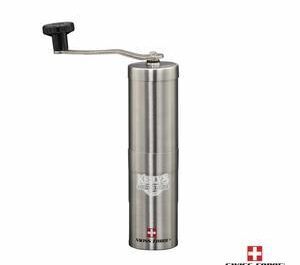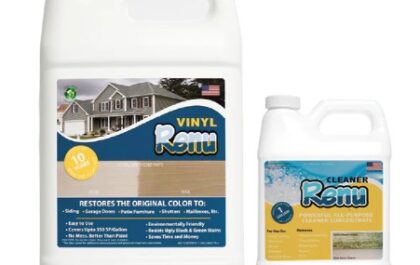As we age, it is common for our needs and abilities to change. For many seniors, this may mean that they require extra support in order to continue living comfortably and safely in their own homes. One option for seniors who need additional support is to move into a residential care facility.
What are Residential Care Facilities?
Residential care facilities, also known as assisted living facilities, provide a supportive living environment for seniors who need help with activities of daily living (ADLs). These activities may include bathing, dressing, medication management, and mobility assistance. In a residential care facility, trained staff are available to assist with ADLs as needed, while also allowing residents to maintain their independence and autonomy.
Amenities and Services:
Residential care facilities offer a range of amenities and services to their residents. These may include meals, housekeeping, and social and recreational activities. Many facilities also have on-site healthcare professionals, such as nurses and therapists, who can provide medical support and assistance.

The Benefits of Residential Care Facilities:
One of the main benefits of residential care facilities is that they provide a sense of community for seniors. Many facilities offer a variety of social and recreational activities, such as games, fitness classes, and outings, which allow residents to stay engaged and connected with others. This can be especially beneficial for seniors who may be isolated or lonely in their own homes.
Another advantage of residential care facilities is that they can provide a higher level of safety and security for seniors. Many facilities have 24-hour staffing, as well as emergency response systems in place to ensure the well-being of residents. This can give families peace of mind knowing that their loved one is being well cared for.
Is a Residential Care Facility Right for You?
It is important to note that while residential care facilities can be a great option for many seniors, they may not be suitable for everyone. Some seniors may prefer to age in place and receive in-home care services, while others may require a higher level of medical support and may be better suited for a skilled nursing facility. It is important to carefully consider the needs and preferences of the individual when deciding on the best type of care.
Conclusion:
Residential care facilities can provide a supportive living environment for seniors who need help with activities of daily living, while also offering a sense of community and increased safety and security. It is important to carefully consider the individual needs and preferences of the senior when deciding on the best type of care, and to do thorough research before making a decision on a facility.
Related posts
Hot Posts
Kream Live Resin Disposable: The Ultimate Convenience in Cannabis Consumption
In the evolving world of cannabis products, Kream Live Resin Disposable vapes have emerged as a game-changer for enthusiasts seeking…
Understanding The Top Challenges With Asset And Inventory Counts
Do you run a retail store, warehouse, manufacturing business, restaurant, pharmacy, or technology firm? If yes, then there’s a big…
Best French Press: The Perfect Addition to Your Kitchen Accessories
When it comes to enhancing your coffee-making experience, the Best French Press stands out as a must-have in your…
Enhancing Your Home with Bamboo Wood Stain and Vinyl Siding Restorer
In the realm of home improvement, the significance of selecting the right materials and finishes cannot be overstated. Among the…





